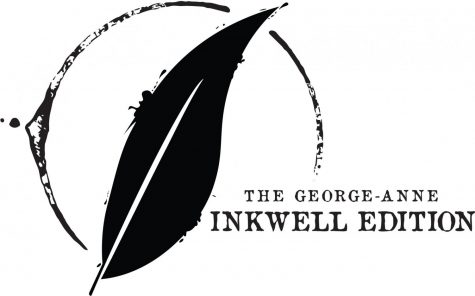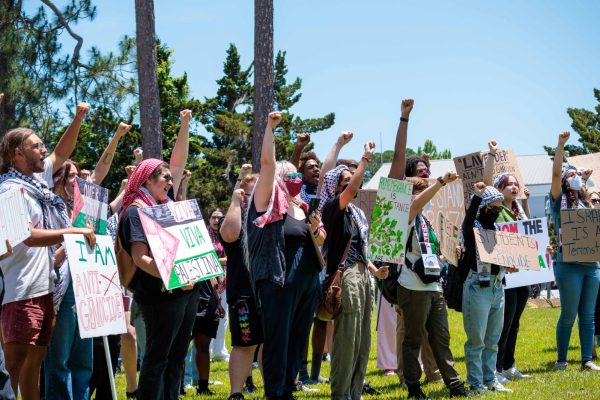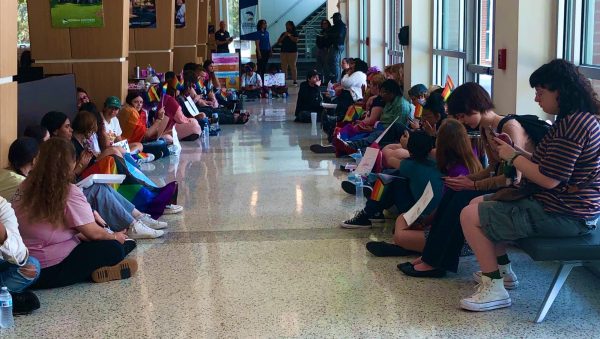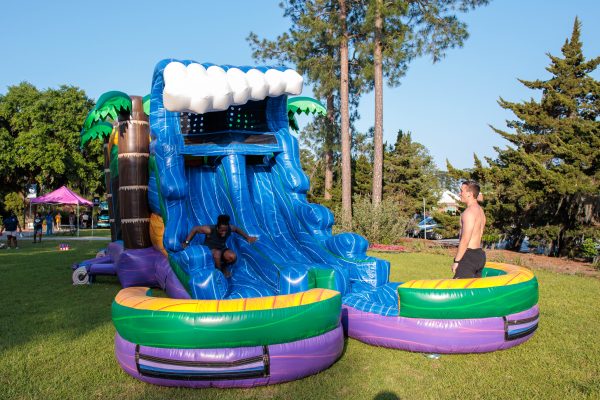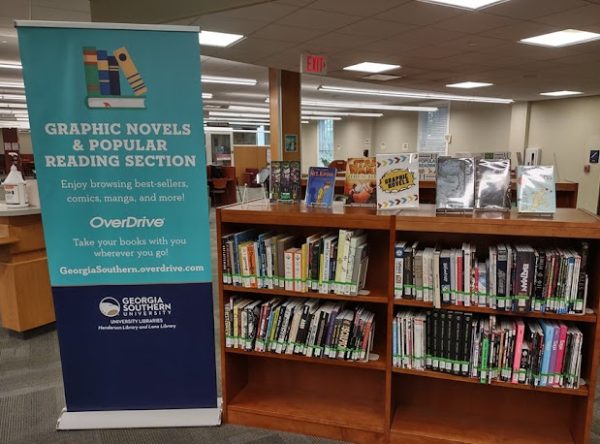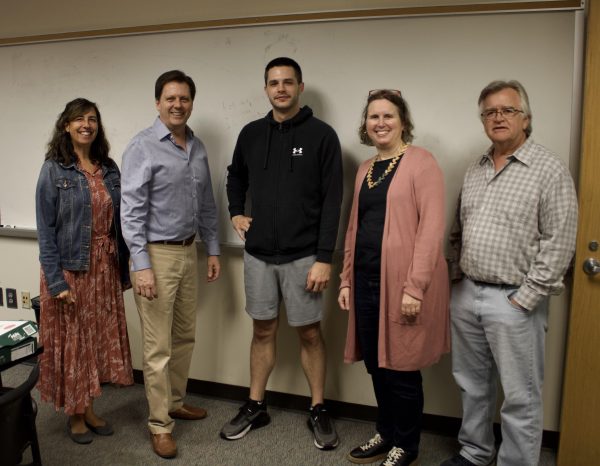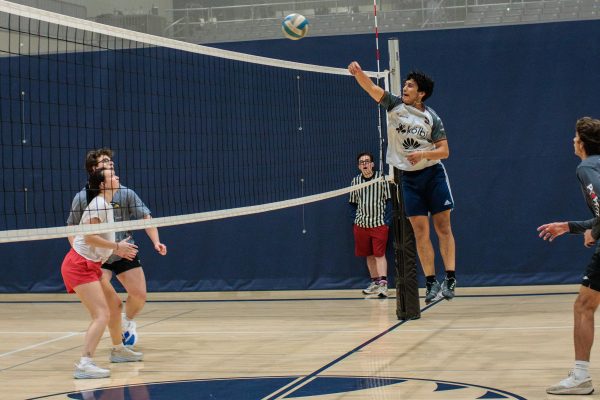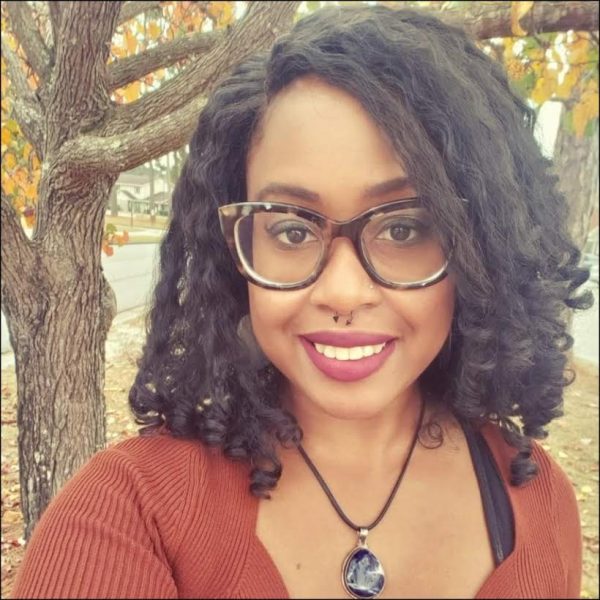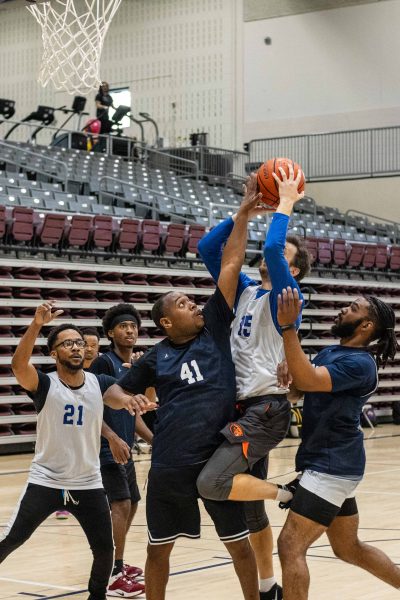The Undergraduate Student’s Career Road Map
The Director of OCPD gives advice for building one’s resume for students at all stages of college
September 6, 2021
Building a resume worthy of the career you want after graduation can feel like a daunting task.
The Director of the Office of Career and Professional Development (OCPD), Glenn Gibney, advises that no matter what year college students are in, it’s never too early to network or gain experience, which are the two key aspects of successfully finding a job after graduation.
All Students
“All students should know that the U.S. Bureau of Labor and Statistics concludes that 85% of jobs are filled through professional networking. LinkedIn pegs that number at 75%,” Gibney says.
Number one, start early…Employers are looking for graduates who have demonstrated skills that have been tested by experience. In a word, employers want graduates to be READY. Ready to work, ready to contribute, and ready to lead. — Glenn Gibney
“Number one, start early…Employers are looking for graduates who have demonstrated skills that have been tested by experience. In a word, employers want graduates to be READY. Ready to work, ready to contribute, and ready to lead,” Gibney says.
According to the National Association of Colleges and Employers (NACE), in 2021, the top career readiness skills employers seek are
- “Critical thinking
- Problem solving
- Oral and written communication
- Teamwork
- Collaboration
- Digital technology
- Leadership
- Professionalism/work ethic
- Career management
- Global/intercultural fluency.”
Students can gain these skills through
- “Class leadership
- Student organization participation
- Volunteering
- Sports activities
- Internships and co-ops
- Travel abroad
- Many other experiences.”
Freshmen
Freshmen who have not yet declared their major can participate in community service, join a student organization or get part-time or summer employment to build their skills, network and build their resume.
“Freshman year is a time for exploration. Students can see what clubs and organizations are a good fit and develop their resumes at the same time!” Gibney says.
When students are ready to explore which major would be right for them, they should go to the Major and Career Exploration (MACE) Center located in the back of the Student Success Center, where students go to get advised on their classes. MACE offers “peer to peer interactions for self-exploration, major-exploration, and career-exploration.”
If students want to continue exploring careers after meeting with MACE, they should schedule a meeting with their Career Development Specialist in the Office of Career and Professional Development through their Handshake account, Georgia Southern’s career management platform, located under the Student Employment heading in their MyGS portal.
“According to a recent study by Glass Door, money is the No. 1 motivator for 67% of job seekers and employees looking elsewhere for career opportunities, according to a survey of 1,100 workers and job seekers. However, money should never be the only factor in selecting a job or a career,” Gibney said.
Other factors that students should consider when choosing a career path include
- “Personal fulfilment.
- Individual values
- Work location (geography, remote vs. on-site)
- Workplace stability
- Overall benefits
- Office/work culture.”
The Focus 2 Career Assessment is available online to help students assess their interests, values, skills and personality. The assessment also helps students find professions that agree with their self-assessment and majors at Georgia Southern that translate into working in those fields.
Sophomores
Once students declare their major, they can join student organizations that align with their major and gain summer work or volunteer experience that aligns with their major as well. To find information about student organizations that can give you relevant experience for your resume, visit Eagles Engage in the Campus Life tab of your MyGS portal or the Office of Student Activities on the second floor of the Student Union.
When students are ready to start thinking about internships, they can review internship ads from employers they want to work with. By doing this, students can identify gaps in their skills and knowledge they will need to close in order to pursue the internship opportunity. Then, they can schedule an appointment with a Career Development specialist to talk about ways to close these gaps, so they will be eligible to pursue future opportunities.
Experience is still the most important part when sophomore and juniors start thinking about internships.
Students can gain professional experience in a variety of ways:
- “In the classroom (i.e., leading group assignments)
- Volunteering
- Participating in student clubs and organizations (especially leadership positions)
- In part-time work that develops the knowledge
- Skills and abilities employers are looking for in applicants.”
The Office of Career and Professional Development can help students articulate the knowledge, skills and abilities these experiences have provided and how they translate to the world of work. — Glenn Gibney
“The Office of Career and Professional Development can help students articulate the knowledge, skills and abilities these experiences have provided and how they translate to the world of work,” Gibney says.
Juniors and Seniors
For juniors and seniors who are currently looking for internships to apply for, Gibney says that process is the same as the process of finding a full-time job after graduation.
Students can find internship opportunities through
- Career fairs
- Handshake
- Networking
- Direct contact with employers
Students should write their resumes, so they reflect relevant experiences that are specific to the job opportunity they are applying to.
When seniors are finally ready to start their full-time job search, they should be aware some industries have early deadlines, as early as November for spring graduates, to hire and recruit full-time employees.
Armstrong OCPD
While the OCPD looks for another full-time Career Development Specialist for the Armstrong campus, Armstrong students can make an appointment in-person or virtually with Claire Doroff. They can also schedule an appointment virtually or via phone call with the Career Development Specialist assigned to their specific college.
OCPD offers students advice on
- Major and Career Exploration
- Résumé assistance
- Cover letter and other professional correspondence support
- Job, internship and co-op search
- Practice interviews
- Graduate school exploration.
To schedule an appointment in Handshake: select Career Center > Appointments > Schedule a New Appointment. Individuals should select their Home Campus > Appointment type.
Throughout the semester, students can choose whether to meet with their Career Development Specialist in-person or virtual, depending on the availability of the Career Development Specialist,
Drop-in hours on the Armstrong campus between 1 p.m. to 4 p.m. Monday through Friday will remain virtual. Students can receive immediate assistance with their resume cover letter, other professional correspondence or job search.
Additionally, some career fairs will happen both virtually and in-person while others will remain fully online.
For more information on OCPD and its services, visit their website. To schedule an appointment with a Career Development Specialist, log in to your Handshake portal in your MyGS portal under the Student Employment tab.


